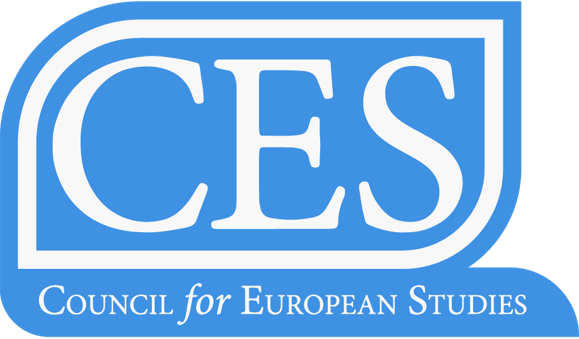The Council for European Studies strongly supports academic freedom and condemns recent interventions by the French government that directly affect our members and their colleagues. CES is an institutional signatory on the following letter that has gathered hundreds of individual signatures and the backing of numerous academic organizations. We will support our members and their academic freedom in any and all ways possible.
Erik Bleich, Chair, Council for European Studies
Karen Anderson, Chair-Elect, Council for European Studies
Nicole Shea, Director, Council for European Studies
Dear Colleagues,
We are writing to express our profound dismay at the recent request by the French Minister of Higher Education and Research, Frédérique Vidal, for the CNRS (The French National Centre for Scientific Research) to investigate allegations of “Islamo-gauchisme” (Islamo-leftism) in French universities. We regret that after proposed laws regarding the alleged threat of “separatism” have further stigmatized France’s Muslim community, academics are being blamed for the increasingly polarized atmosphere. The proposal to monitor university professors accused of “weaponizing academic research for political motives” effectively amounts to a threat of censorship and is worrying for a number of reasons:
First, the state has no right to censor research by academics who draw on their expertise to advance the production of knowledge. This is a dangerous precedent that cannot be tolerated in democratic societies. The notion that certain academics are trying to “divide” society due to their “Islamo-leftist” ideas in effect demonizes our colleagues for their alleged ideological complicity with a religious group in the name of protecting the Republic. This immediately reminds one of some of the darkest moments of French history when a discourse against “Judeo-Bolsheviks” created an amalgam between political and religious commitments.
Second, the approaches now under attack were inspired by some of the most brilliant minds of the French philosophical, literary, and sociological traditions. As scholars working in the United States and elsewhere, we carry a great intellectual debt to France for training thinkers such as Frantz Fanon, Albert Memmi, Hélène Cixous, Aimé Césaire, Paulette Nardal, Jean-Paul Sartre, Pierre Bourdieu, Louis Althusser, Jacques Derrida and Michel Foucault. Many of these figures were not only towering thinkers but were also engaged in prolonged political struggles for the betterment of our societies. These committed intellectuals are pillars of the diverse approaches that are now being attacked under the rubric of “post-colonialism.” That a country which has advanced critical thought should now turn its back on this national patrimony is short-sighted and distressing. We ask not that everyone agree on the merits of these approaches, only that French scholars have the right to debate them with their colleagues and students should they so desire.
Third, those responsible for higher education should address the pressing need to find concrete solutions to the problem of racial discrimination in France, rather than carry out a witch hunt against researchers. In lieu of inviting scholars to help advance a common struggle for equality, the Minister of Higher Education and Research is threatening them with censorship. Instead of addressing the dire situation of students during a global pandemic, or the real economic challenges facing public education, Vidal and her colleagues have depicted professors as the main threat to French universities.
Many signatories of this letter have benefited from prolonged academic exchanges with French universities in institutional as well as individual capacities. Eager that these collaborations with our French colleagues can continue in the spirit of open debate, we again draw your attention to the chilling effects that these threats of censorship would have on academic freedom.


